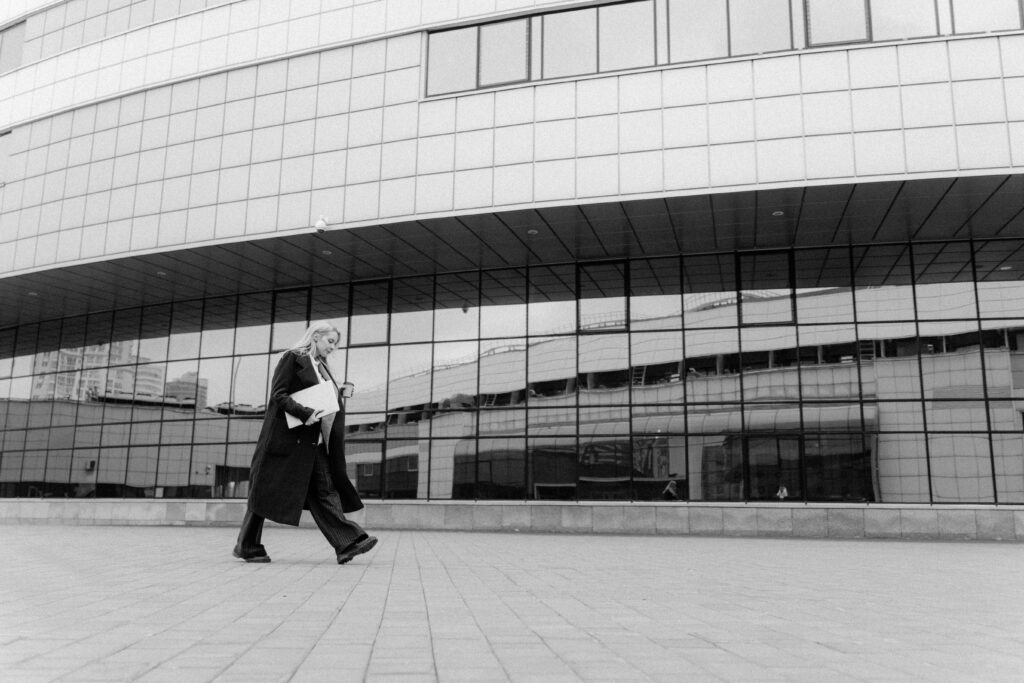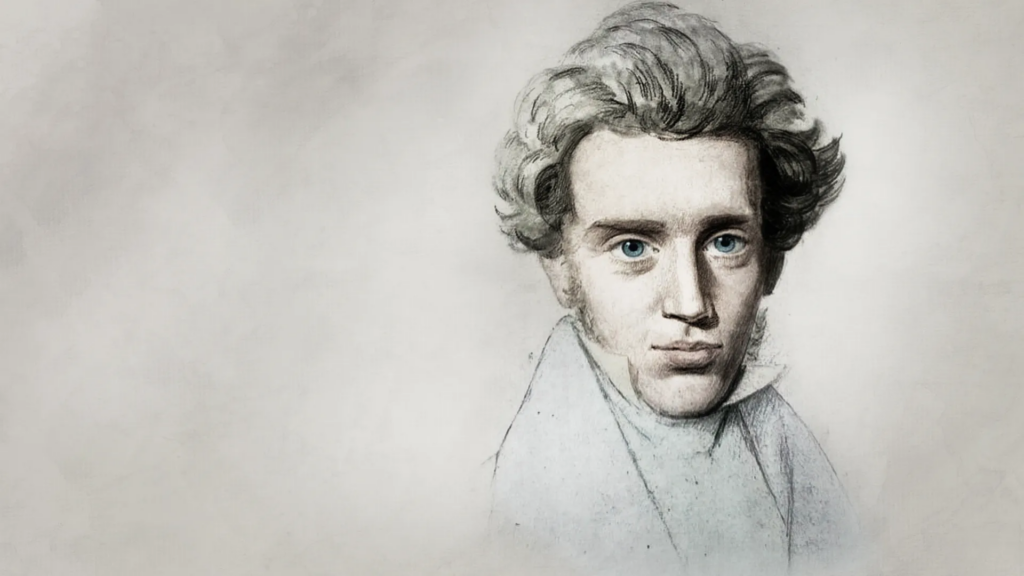Marriage and happiness
A commitment of dedication and gratitude

How difficult is marriage!
To say otherwise would be naive or fallacious.
Do you know anything worthwhile and easy?
Everything worthwhile involves difficulty. Furthermore, the more valuable it is, the greater the difficulty it entails.
That’s why marriage is so difficult because it’s one of the few things that’s worth it.
When children are small, under six, or eight years old, parents live under a constant obligation to give.
Young children force us to forget about ourselves and to constantly be aware of them. If they cry in the middle of the night, if their diaper needs to be changed, if they need to be taken to the doctor (whatever time of day or night it is), you are there, you don’t even consider not doing it. And of course, no paddle tennis, no pilates, no romantic dinner just the two of us, no movies, no football (except sometimes on TV).
It is an obligation. We don’t even question it.
And my happiness? And my time? And my life? We don’t consider those things when it comes to taking care of children. We have the obligation to be with them, for them and for them, period. At that moment our happiness is to see them grow up healthy, without too many tantrums and without shocks.
It is an exhausting phase that often makes us question whether we are doing the right thing, but we would never think of putting our children in the spotlight. They, without a doubt, are not the error.
But when it comes to our spouse… That’s the wonder of marriage!
It is no longer mandatory. Their life does not depend on our attention, now we can give it to them for the simple fact that I FEEL LIKE IT!
And my happiness? And my time? And my life? All of that is giving it to you.
What did you get married for? To be happy or to make others happy?
If you’re married to be happy, I’m sorry, they explained it to you wrong. But very bad. I can think of a thousand much simpler ways to find happiness.
If you seek your own happiness… if you are the subject, object, actor and recipient of your search for happiness… you are going to be more alone than ever.
If you got married to make the other person happy… congratulations! That’s the key. Now you have a goal that will last a lifetime and the possibility of killing two birds with one stone: every time you achieve your goal, chances are that you will also be enjoying a moment of happiness.
I think it was José Antonio Marina who said that “happiness is found doing other things.”
I DO NOT believe in happiness except as a temporary emotional state: I believe in happy moments, little more; But I am clear that happy moments are found when others achieve satisfaction:
- when our children are successful (there is nothing comparable to this).
- when we brothers get together and share the conversation, the interests (life) like when we were children.
- when our spouse tells us “how happy I am with you” (there is nothing comparable to this).
- when our soccer team wins.
I have always defended that the most frequent cause of divorce – although not the only one – is selfishness. When one of the two (or both) focuses the search for THEIR own happiness on THEMSELVES, instead of on the other, the chances of failure are greatest.
If we give ourselves to our spouse with the same desire, with the same FREENESS with which we give ourselves to our children, but now, with all the freedom in the world by NOT doing it out of obligation, it is much easier to find happiness.
A delivery like this is not easy. It demands NOT putting myself as a priority. It requires seeking HER well-being before mine, HER happiness (her happy moments) before my desires, her tastes before my needs (perhaps we don’t do that with children), her PERSON before mine.
Such a delivery shows that love is A VOLUNTARY ACT, colored by a feeling that sometimes reaches the level of emotion. If we continue to think that love is ONLY a feeling, we are going to be at the mercy of a reality over which we do not have the slightest control.
I can’t help but feel joy when I see my children succeed, I can’t help but feel fear when I see a wild animal approaching me (even more so if it’s human), I can’t help but feel disgust when I see vomit on the street.
Feelings are spontaneous, inevitable and certainly uncontrollable. Am I going to bet my entire life on something based solely on pure feelings? No way.
Thank God that love – and, therefore, marriage – is not based on something as fickle as feelings. Thank God that love, if it is love, is an exercise of freedom.
Marriage is not easy, but I don’t know anything in life that is more rewarding. Nothing more worthwhile.
Does it require many sacrifices? Without a doubt, but they have NO point of comparison with their rewards.
Furthermore, if love is not sacrifice, how could it grow? How could it mature?
Marriage does not bring happiness, but for many of us it is undoubtedly the surest way to achieve it.

A COMMITMENT OF DELIVERY AND GRATITUDE
MARRIAGE
AND HAPPINESS
Related

Reversing Social Deterioration: A Task That Begins in Business Management
Alejandro Fontana
25 April, 2025
4 min

The Revolution of Tenderness
María Elizabeth de los Ríos
25 April, 2025
3 min

His Hope Does Not Die!
Mario J. Paredes
24 April, 2025
6 min

The Religious Writer with a Fighting Heart
Francisco Bobadilla
24 April, 2025
4 min
 (EN)
(EN)
 (ES)
(ES)
 (IT)
(IT)

